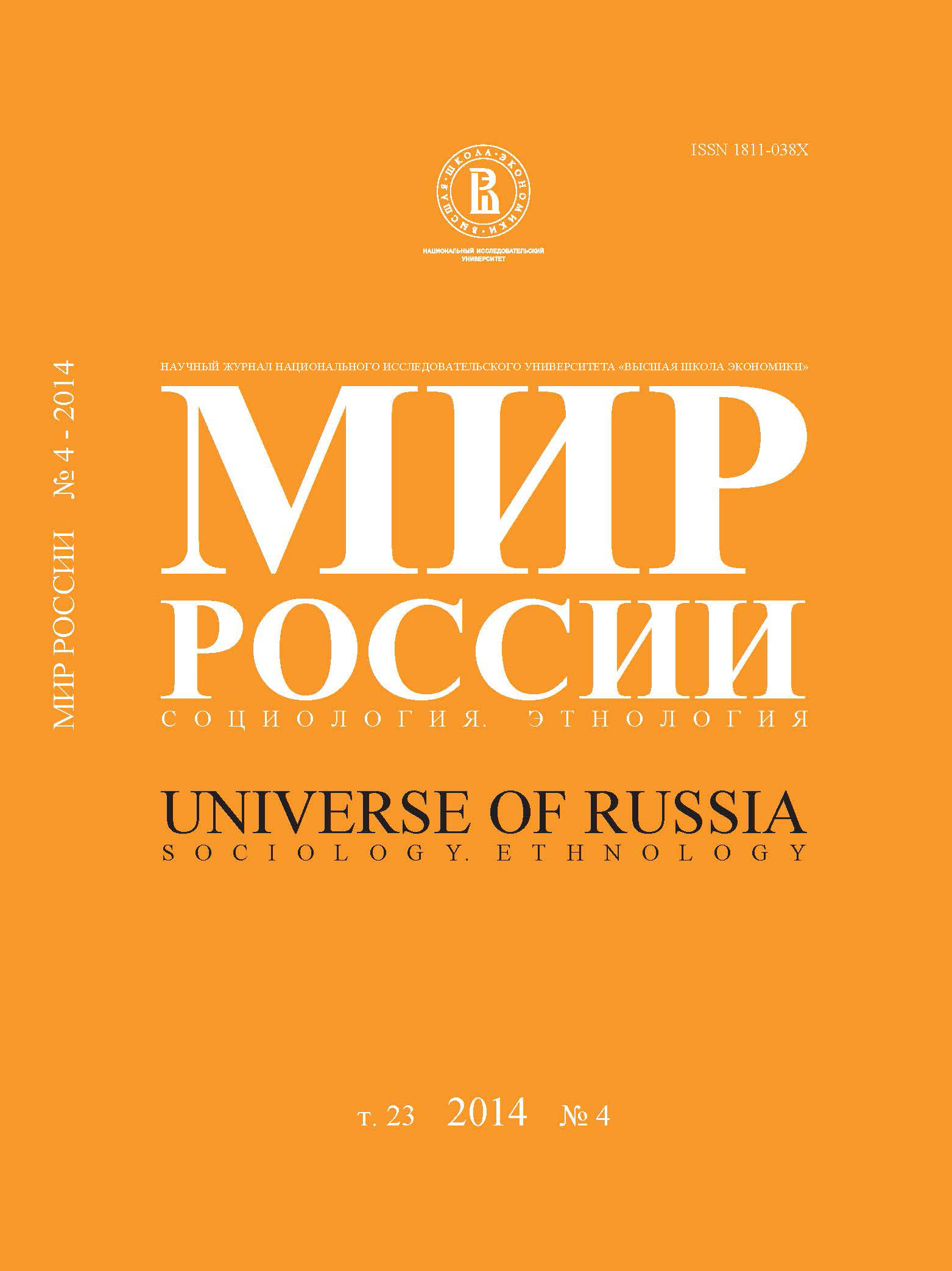The Russian Army: the Changing Pattern
Abstract
Aleksei Balashov — Professor, Department of Financial Markets and Financial Management, National Research University “Higher School of Economics” Campus in St. Petersburg. Address: 55/2, Sedov St., St. Petersburg, 192171, Russian Federation. E-mail: aleksey.i.balashov@gmail.com
This article presents the results of an institutional analysis of the restructuring of the Russian Army from the collapse of the Soviet Union until 2013. The author hypothesizes that attempts to modernize the army initiated by defence ministers in the post-Soviet era have failed to sustain the institution of civil control and professionalization. Rather they have reinforced corruption and ineffectiveness.
The study considers the following changes in the Russian Army: the reduction of military units, the reform in system and structure of command and control, the change in the economic model of cooperation between the Ministry of Defense and supply companies developing and manufacturing weapons and military equipment, the changes in logistics, and the modernization of relations between the military sector and civil society.
The author relies on the structural-functionalist approach to single out the personal contribution of defense ministers who carried out the transformation of the Russian Army in the post-Soviet period. Particular attention is drawn to initiatives of Anatoly Serdyukov from 2008-2012. The author describes it as ‘shock therapy for the army’ for its radical transformation of the military bureaucracy and the ousting of control over budgetary flows from traditional military elites. And although it has been successful in liquidating the lack of transparency among the military and reinforcing their accountability before government authorities, it came at the cost of a significant loss in professionalism in military affairs.
The article concludes that the main result of the reform was the reorientation of the Russian Army from full-scale mobilization model to a model which is more suited for conducting transient local wars. By the end of 2013 it became a more compact organization, capable of dealing with modern military threats. However, the unresolved problems with professionalization and technical re-equipment seriously depreciate these achievements, as does the ever-growing technological dependence on the West, and the limited fiscal capacity of the Russian economy.






